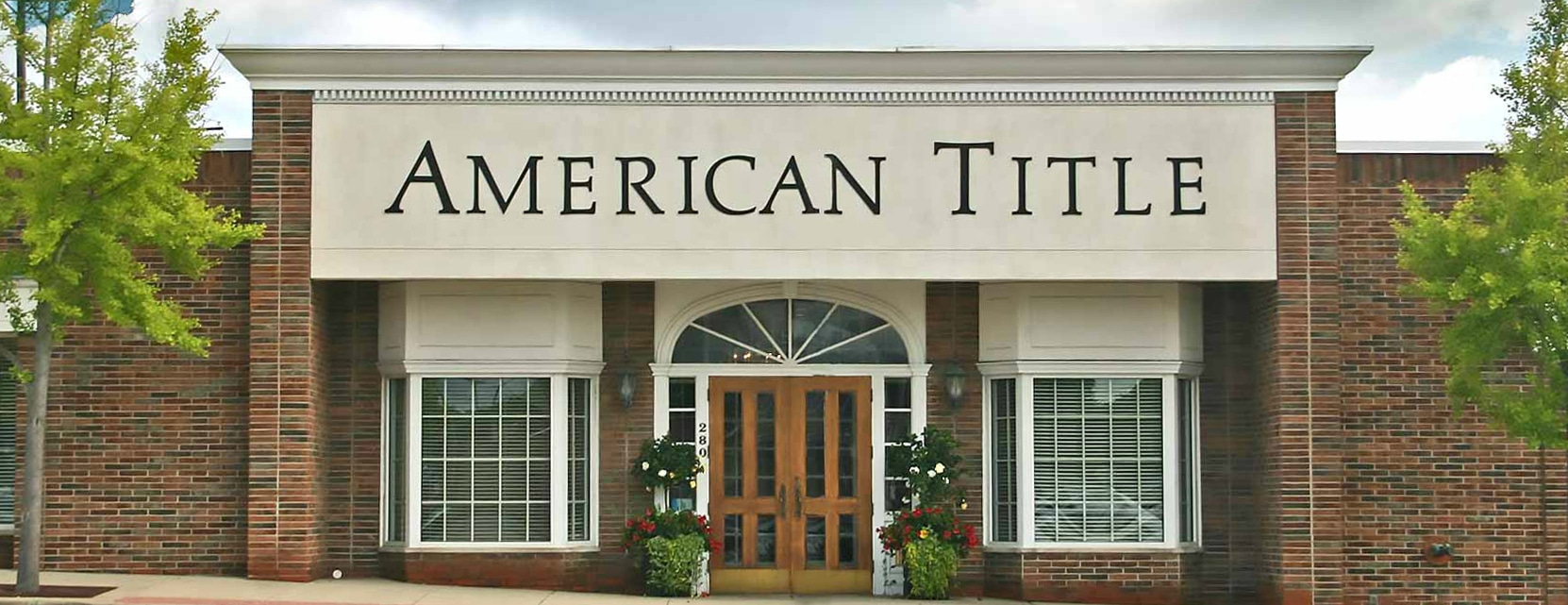You may be asking, “Do I need a title company?”
When someone is buying or selling a home, vacant land or a commercial property, it will likely be one of the most significant financial transactions of their lifetime. It stands to reason that having a neutral party involved to ensure that everything goes smoothly and there are no unforeseen problems that come into play that could delay or kill the deal altogether is a good investment.
That’s why SW Florida real estate professionals recommend the use of a competent title company.

What Does a Title Company Do?
A title company’s primary function is to thoroughly examine a property’s history to determine the actual owner and make sure there are no legal issues in the past that may negate a successful closing.
But title companies do quite a bit more than that. When real property changes hands, there can be a few different entities involved in getting the deal closed and the title correctly transferred to the new rightful owner. In many cases, a real estate attorney can perform the actual closing process, but they may still enlist the services of a title company to completely search all the property’s history.
Imagine getting ready to accept the keys to your dream home at the closing table and discovering that the seller is not the rightful legal owner and had no right to be involved in the transaction. With the rise in real estate scammers today, this scenario is a lot more common than you may think.
The internet has enabled people to conduct the sale of a property to someone in another part of the world, and oftentimes the buyer has never even visited the home firsthand. There are unscrupulous people who present themselves as the legal owner of a property, doctoring phony paperwork and trying to conduct a sale and take off with the proceeds.
This is just one example of what a title company does to make sure everything is above board and properly recorded in the transfer process. Other concerns include:
Liens or judgements against the property – If a tradesman worked on the home anytime in the past and did not get paid for their services, they can place a lien on the home so that when it is sold, they get their money. A title company will uncover those situations early in the title search process so they can be addressed.
Claims by unknown heirs – There may be someone out there that claims to have a financial or legal stake in the property that is not uncovered unless the title company does a thorough records search.
Unpaid past property taxes – If a previous owner failed to pay the home’s property tax anytime in the past, that will need to be settled prior to closing.
Past mortgages – If someone borrowed money against the home in the past, all those mortgage loans need to be satisfied before the property can legally change hands.
Property rights and easements – There are often unknown or hidden restrictions regarding the use of a piece of land or access to a home that could hinder a successful transfer. If a neighbor has successfully filed legal documents that allows them to use a portion of what you thought was your land, a title company records search will discover that so there are no last-minute surprises.
Title Insurance
A title company also sells title insurance that protects not only the owner but also the mortgage lender against any possible defects or problems with a property’s clear title. The lender policy ensures that the mortgage will be satisfied in the event of any kind of problems with the title and is a requirement in all real property transactions.
There is also an owner’s policy that while not a requirement, is something a savvy buyer should strongly consider. This will protect the owner against any future claims against the property for as long as they or their assigned heirs have an ownership position. These types of insurance policies are generally calculated based on a rate between $2.00 to $5.00 per $1,000 of the property’s sales price – the more expensive the home, the less cost per $1,000 of insurance coverage.
The amount or value of the coverage should match the home’s value. As an example, a $250,000 home may have an owner’s title insurance policy cost of $2.50 per $1,000, or a fee of $625.00 due at closing. This is a one-time fee, and your coverage remains in effect for as long as you own the home.
Who Selects the Title Company?
The general practice in most states is that the seller selects which title company to use for the transfer of title to the property. In most cases, the real estate agent representing the seller will have a title company with which they have conducted many deals, and the buyer will have no objections. But the buyer is also allowed to participate in that decision if they have a particular reason to use a specific title company. This rarely happens because most people do not have any affiliation or allegiance to one title company over another.
A title company will typically charge between 2 to 5% of the purchase price to facilitate the transfer of real property and record the correct paperwork with your county’s real estate records department. While it is generally accepted for the buyer to pay title company fees, it is not etched in stone. In a lot of home purchases, the buyer and seller will negotiate who pays for specific fees before the closing occurs.
There are several other costs associated with buying or selling a home, like escrow fees, notary fees, recording and filing fees and more.
When you submit an offer to purchase a home, the real estate agent you are working with, or the seller’s agent if you’re not working with a REALTOR®, will prepare a detailed list, called a closing statement, of all costs associated with the transaction to avoid any last minute surprises. A title company is the key component to being certain that everything will be completed with accuracy and there will be no unexpected roadblocks for either the buyer or seller.







Leave A Comment